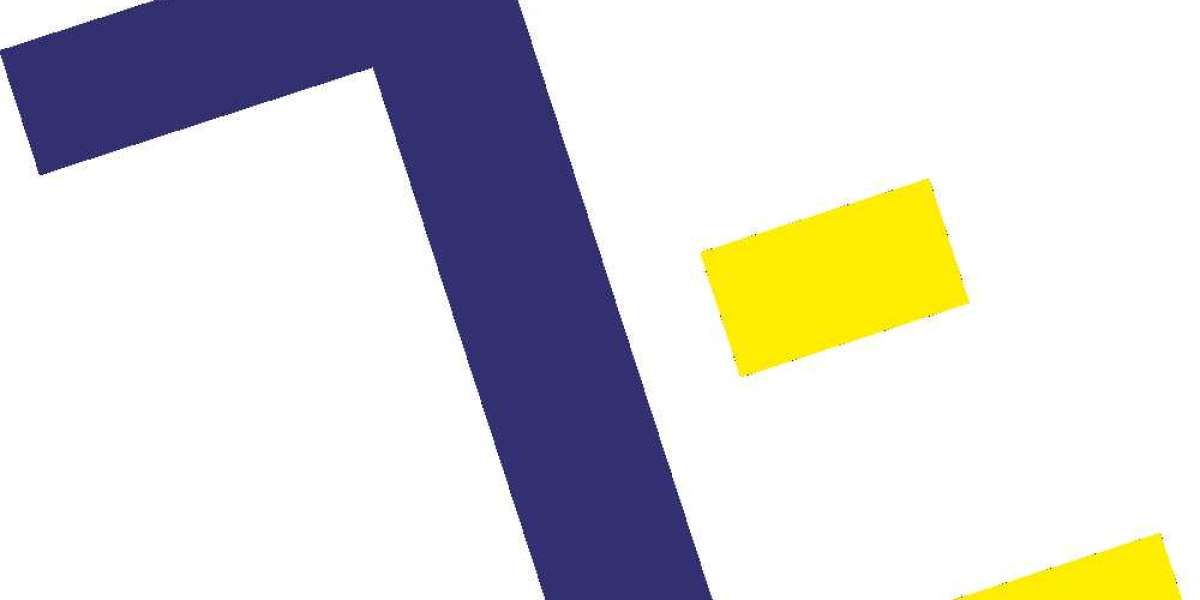How to Crack Technical Interview for Freshers
Freshers often find technical interviews intimidating, but preparation is the key to overcoming anxiety. Here's a step-by-step guide:
1. Research About the Company
Before walking into any interview, research the company thoroughly. Understand its mission, values, and recent projects. Tailor your responses to show how you align with the company’s goals and culture. Look up their tech stack and current openings to see how you can fit into their team.
2. Understand the Job Description
Carefully read the job description to identify the skills and tools the company is looking for. Make a checklist and match it with your own skills to prepare better. Highlight the technical and soft skills that align with the job role. Understanding the role’s key responsibilities helps you frame answers that showcase your strengths.
3. Understand the Basics of Coding and Programming
Companies want to see that you have a strong foundation in coding. Brush up on:
- Data structures (e.g., arrays, linked lists, stacks, queues)
- Algorithms (sorting, searching, recursion)
- Problem-solving skills
- Programming languages such as Python, Java, or C++
- Object-oriented programming principles
- Collect the Best Resources for Learning
Gather reliable resources like online tutorials, books, and platforms. For example:
- "Cracking the Coding Interview" by Gayle Laakmann McDowell
- Platforms like LeetCode, HackerRank, and Codewars
Work on Real-World Projects
Practical experience matters. Build projects like:
- A personal portfolio website showcasing your skills.
- A task management app with frontend, backend, and database integration.
- Contributions to open-source projects on GitHub to build credibility.
- Stay Updated on Industry Trends
Keep an eye on emerging technologies like cloud computing, AI, and blockchain. Understanding how these trends impact software development will set you apart from other candidates.
How to Clear Any Technical Interview
Clearing a technical interview is about more than just knowing how to code. You need to demonstrate your problem-solving approach, communication skills, and technical proficiency.
1. Do Mock Interviews
Participate in mock interview sessions with peers or mentors to simulate real-life scenarios. These sessions help you identify gaps in your knowledge and improve your communication. Use platforms like Pramp and Interviewing.io for structured mock interviews.
2. Work on Software Design Skills
If you’re aiming for roles like "Software Developer" or "Software Engineer," learn the basics of system design. Familiarize yourself with:
- Design patterns (Singleton, Observer, Factory)
- Database design principles
- Microservices architecture
- Write Clean Code
Employers value developers who write clean, maintainable code. Follow principles like
- DRY (Don’t Repeat Yourself)
- KISS (Keep It Simple, Stupid)
- SOLID principles for object-oriented programming
- Maintain proper code commenting and documentation
Test Your Code
Testing is critical in software development. Be prepared to explain how you would
- Identify edge cases
- Write unit tests using frameworks like JUnit or PyTest
- Debug common issues effectively
Listen to Every Detail
Pay close attention to the questions and requirements provided during the interview. Sometimes, small details can make a significant difference in how you approach a problem.
6. Prepare for Behavioral Questions
Coding interviews aren’t just about technical skills. Be ready to answer questions like:
- "Describe a time you faced a challenging project and how you handled it.
- "How do you approach working with a team that has conflicting ideas?"
Use the STAR (Situation, Task, Action, Result) method to structure your responses.
Coding Interviews: Everything You Need to Prepare
If you're wondering how to approach coding interviews everything you need to prepare follow these actionable tips:
1. Practice Coding Questions
Spend time on platforms like LeetCode, HackerRank, and Codewars to get familiar with common "coding interview" questions. These questions often involve problem-solving under time constraints and test your logical thinking.
2. Try to Get Coding Certificates
Certification in programming languages or frameworks can enhance your resume. Look for certifications in Python, Java, or full-stack development with AI technologies such as NodeJS, DotNet Core, Angular, and ReactJS.
3. Good Communication Skills and Body Language
Your communication and body language can impact how interviewers perceive you. Maintain eye contact, speak clearly, and show enthusiasm for the role.
- Self-Introduction and Formal Attire
Prepare a concise self-introduction highlighting your key skills and projects. Dress professionally to make a positive impression.
5. Stay Calm Under Pressure
Many interviews include challenging questions to test how you handle stress. Take a deep breath, think through your answer, and stay composed.
Company Interview Preparation
Preparing for specific companies can give you an edge. Each organization’s interview process varies, so tailor your strategy accordingly.
1. Optimize LinkedIn
Keep your LinkedIn profile updated. Connect with professionals from your target company to understand their culture and technical expectations. Post projects or achievements regularly to showcase your expertise.
2. Learn from Past Candidates
Look up company-specific interview questions on platforms like GeeksforGeeks or Glassdoor. Understanding the interview pattern and commonly asked questions can help you strategize better.
3. Freelancing as Practice
While learning, explore freelancing platforms like
- Toptal
- We Work Remotely
- FlexJobs
Freelancing allows you to apply your skills in real-world scenarios and builds confidence.
Tips to Crack Your First Technical Interview
Your first technical interview is a significant milestone. Here are practical tips to ace it:
1. Speak Your Thoughts
When solving a problem, explain your thought process aloud. For example:
- "First, I’d identify the constraints of the problem."
- "Next, I’d choose the most efficient data structure to solve it." This approach showcases your problem-solving skills and logical thinking.
2. Leverage Online Resources
Use coding platforms and resources like:
- Cracking the Coding Interview (book)
- AlgoExpert (for algorithm prep)
- Mock interviews on Pramp or Interviewing.io
3. Company-Specific Preparation
Research company’s tools and frameworks. Prepare accordingly to show how your skills align with their requirements.
4. Practice Real-Time Scenarios
Prepare for real-world scenarios where you may have to:
- Debug an existing codebase
- Build a feature from scratch
- Optimize an algorithm for better performance
FAQs
- What are the most common interview questions for developers?
Expect questions on data structures, algorithms, and coding problems. Behavioral questions like "Describe a challenging project" are also common.
2. Should I focus only on technical skills?
No, soft skills like communication and problem-solving are equally important.
3. How can I improve my coding skills?
Practice consistently on platforms like LeetCode and build real-world projects.
4. What tools should I learn as a Full Stack Developer?
Focus on tools like GitHub, Visual Studio Code, Node.js, ReactJS, MongoDB, and Docker to enhance your development skills.
5. How can I stand out during a technical interview?
- Show a clear understanding of the problem
- Communicate your solution effectively
- Ask clarifying questions
- Discuss alternative approaches if applicable
Conclusion
The article "Tips for Cracking Your First Job Interview as a Developer" provides actionable advice to help you prepare for and excel in coding interviews. These tips emphasize the importance of preparation, from mastering coding fundamentals to acing mock interviews and practicing system design.
If you're ready to scale your career and become a skilled developer, consider enrolling in the "Full Stack Developer - MERN Stack Master's Program" at TechEntry. This program equips you with the skills and knowledge needed to excel in roles requiring expertise in Python, NodeJS, DotNet Core, Angular, and ReactJS.
Got questions about "Tips for Cracking Your First Job Interview as a Developer" or our programs? Leave a comment below, and our experts will respond promptly. Start your journey to success with TechEntry today!







